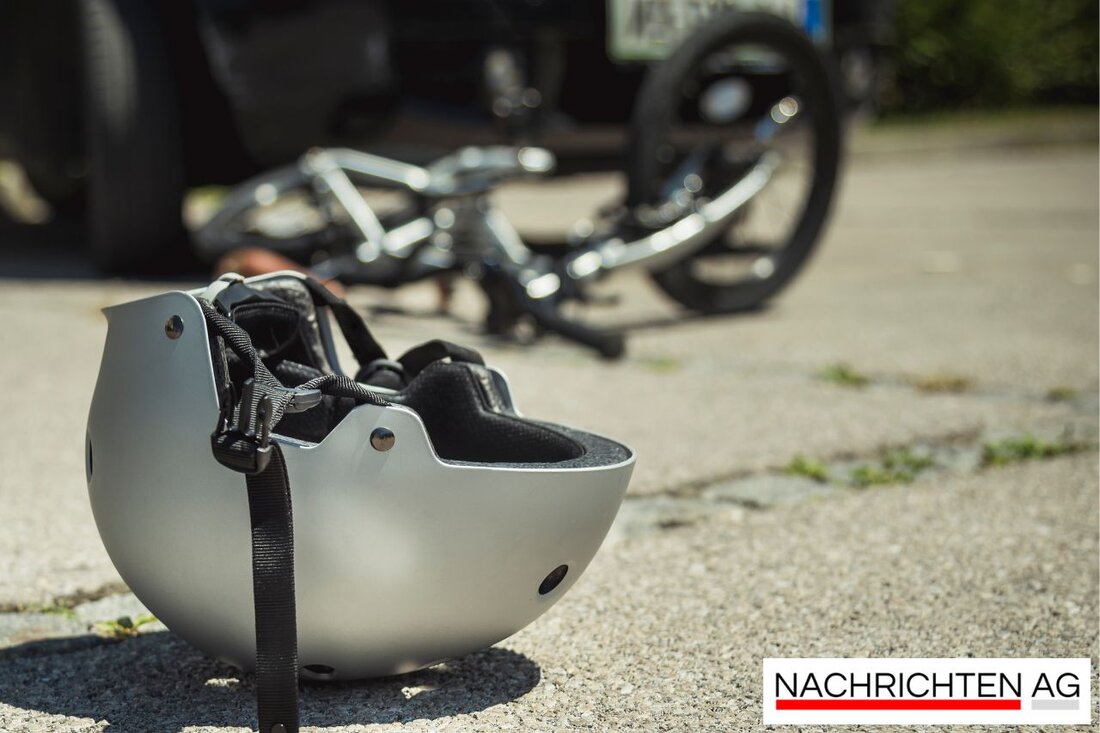Cable car for Bremen: Greens and CDU plan traffic transition in the west!
Gröpelingen plans a cable car connection to relieve traffic in the west of Bremen. CDU and Greens support the project.

Cable car for Bremen: Greens and CDU plan traffic transition in the west!
The discussion about transport connections in Bremen picks up speed. After the Bremen CDU brought the proposal for a cable car into play three months ago, the Greens are now also open to this ambitious project. As the Weser-Kurier reports, the route from Use Akschen in Gröpelingen is to lead over Waller Sand in the Überseestadt to Woltmershausen. In the length of about three kilometers, it could offer an attractive alternative in public transport via an intermediate station.
Verkehrspolitical spokesman for the Greens, Ralph Saxe, emphasizes that the cable car would not cross any significant residential development. The advantages are obvious: short distances, high speed and a possible time gain for commuters. In addition, according to Saxe, the implementation is cheaper than the renovation of trams with possible state grants of up to 90% of the construction costs. Another proposal of the CDU, which was presented in March, provides for the route to be expanded to the Neustädter train station.
a real space problem
The Bremen bridges are in a dilapidated condition and urgently need relief. This was also confirmed by the city's transport policy. The traffic department is currently seriously checking the cable car as a possible solution to reduce the traffic load on the Weserbrücken. A feasibility study on the Mayor-Smidt Bridge will also include the idea of the cable car. Traffic expert Carsten-Wilm Müller expresses himself optimistic and considers the implementation in Bremen to be feasible.
The CDU has proposed three other route courses, including the connection from the Waterfront via Lankenauer Höft to Waller Sand and from downtown Bremen to the Neustadt. The advantages of a cable car are versatile: it has a short construction time of only six to twelve months, and the costs are 3.5 to 19 million euros per kilometer below that of trams and subways.
challenges and citizen participation
But there are challenges to master: This includes the complex construction planning that requires specialized carrier systems, as well as the necessary citizen participation in lines. The integration question in existing transport networks and the consideration of the Weser as a sea shipping road place additional requirements for the planning team. This could also be called on the plan that could speak against the project. Here a close contact with the citizens is considered important.
Despite the difficulties, the advantages of urban cable cars are undisputed. They are not only climate -friendly, but also inexpensive, quickly realizable and reliable. The Federal Minister of Transport has already announced support for municipalities and transport companies in the implementation of such projects, as stated in the guide "Urban cable cars in local public transport".
A look into the future
The plans for a cable car in Bremen are part of a larger overall concept for improving public transport. This also includes the urgently needed expansion of ferry traffic to Woltmershausen as well as the construction of new bridges for pedestrians, cyclists and local public transport. The upcoming developments, especially in the Überseestadt, where more than 1000 new apartments are to be built, emphasize the urgency of a quick and modern transport connection
The characters are on change. The cable car could possibly shape the cityscape within the next few years and significantly improve mobility in Bremen. It remains exciting how the planning process and citizen participation will develop.

 Suche
Suche
 Mein Konto
Mein Konto